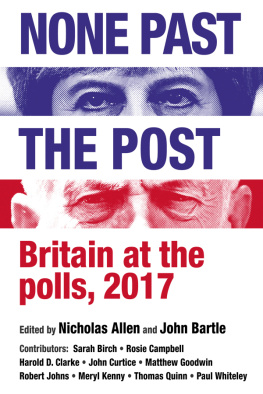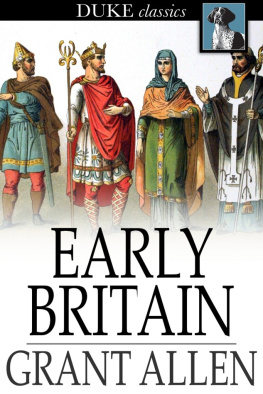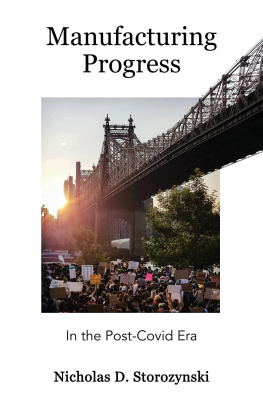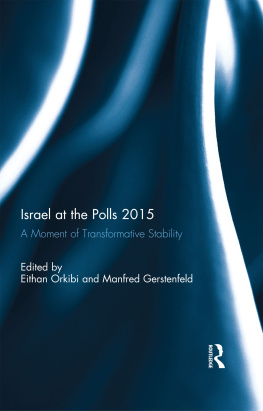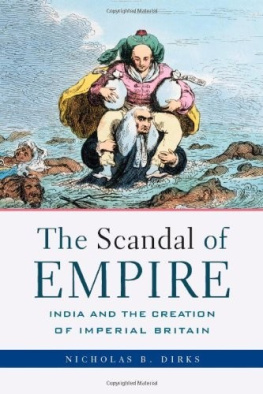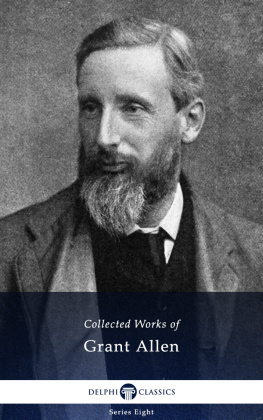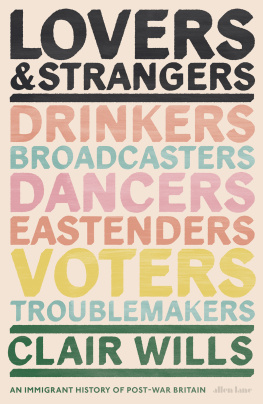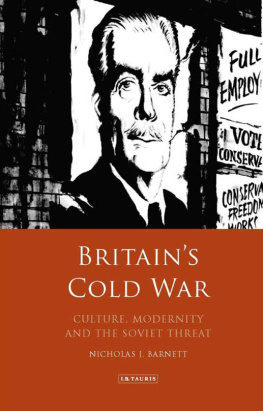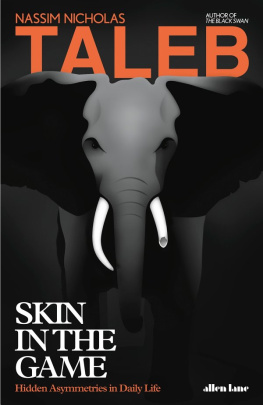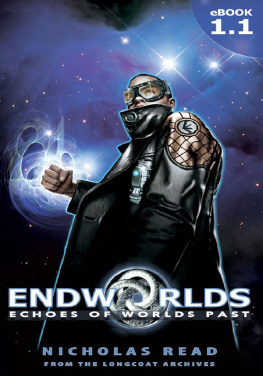Copyright Manchester University Press 2018
While copyright in the volume as a whole is vested in Manchester University Press, copyright in individual chapters belongs to their respective authors, and no chapter may be reproduced wholly or in part without the express permission in writing of both author and publisher.
Published by Manchester University Press
Altrincham Street, Manchester M1 7JA
www.manchesteruniversitypress.co.uk
British Library Cataloguing-in-Publication Data
A catalogue record for this book is available from the British Library
ISBN 978 1 5261 3006 8 paperback
ISBN 978 1 5261 3328 1 hardback
First published 2018
The publisher has no responsibility for the persistence or accuracy of URLs for any external or third-party internet websites referred to in this book, and does not guarantee that any content on such websites is, or will remain, accurate or appropriate.
Typeset by Out of House Publishing
NICHOLAS ALLEN is Reader in Politics at Royal Holloway, University of London
JOHN BARTLE is Professor of Government at the University of Essex
SARAH BIRCH is Professor of Political Science at Kings College London
ROSIE CAMPBELL is Professor of Politics at Birkbeck, University of London
HAROLD D. CLARKE is Ashbel Smith Professor at the University of Texas at Dallas
JOHN CURTICE is Professor of Politics at the University of Strathclyde
MATTHEW GOODWIN is Professor of Politics at the University of Kent
ROBERT JOHNS is Professor of Politics at the University of Essex
MERYL KENNY is Lecturer in Gender and Politics at the University of Edinburgh
THOMAS QUINN is Senior Lecturer in Government at the University of Essex
PAUL WHITELEY is Professor of Government at the University of Essex
There was a time in the early 2000s when British general elections were remarkably predictable. Most people expected the then prime minister Tony Blair to call an election in the spring of 2001, and almost everyone expected a rerun of Labours 1997 victory over the Conservatives. No one was surprised, therefore, when Blair called an election to coincide with the May 2001 local elections or when Labour secured another thumping win. (The only surprise was the one-month postponement of polling day because of an outbreak of foot-and-mouth disease.) Similarly, almost everyone thought Blair would call a general election in the spring of 2005, and almost everyone thought Labour would triumph for a third time. Once again, expectations were fulfilled.
Needless to say, such predictability led to two very dull contests. They were still hugely important, of course general elections determine which party and group of politicians get to govern in Britains power-hoarding political system. The two elections were also fascinating for students of British party politics. They confirmed the centre-left Labour Partys unprecedented 13-year period of electoral supremacy over the centre-right Conservative Party, prompted much discussion of ideological convergence, and saw the further fragmentation of Britains party system and the erosion of the two major parties electoral duopoly. Yet, their long-term significance could not disguise their short-term monotony. It was no coincidence that turnout in both 2001 and 2005 was historically low.
The 2010 general election broke the run of predictable contests. To be sure, it was a good bet that polling day would occur in May 2010 once Gordon Brown, Blairs successor as prime minister, decided not to call an election in the autumn of 2007. Also to be sure, most people expected Labour to be ejected from office and for the Conservatives to return to power under their new leader, David Cameron. Nevertheless, it was unclear whether or not the Tories would win an overall majority, and, if not, form a minority government by themselves or go into coalition with another party, most likely Nick Cleggs Liberal Democrats. The campaign was further enlivened by the novelty of televised leaders debates. The outcome a hung parliament and the formation of the ConservativeLiberal Democrat coalition, Britains first peacetime coalition government since before the Second World War was itself hugely exciting.
The run of uncertainty and excitement continued in 2015. Once again, the date of the election took no one by surprise, this time because of the Fixed-term Parliaments Act 2011, a law introduced to underpin the coalitions survival. But while pre-election opinion polls suggested the likelihood of another hung parliament and coalition government, it was by no means clear if Camerons Conservatives or Ed Milibands Labour Party would emerge as the largest parliamentary party. The coalitions spending cuts Britains own variant of austerity were beginning to bite, and many voters had had enough of the fiscal retrenchment. The final result a narrow House of Commons majority for the Tories and their first outright victory in a general election since 1992 came as a shock. It also meant, of course, that the Conservatives would now have to make good on their promise to hold an inout referendum on Britains membership of the European Union (EU).
The twists and turns of the following two years the period between the 2015 and 2017 general elections made many yearn for the certainty of the early 2000s. During that time, voters took part in only the countrys third ever national referendum and voted, by a narrow margin, in favour of Brexit and Britains withdrawal from the EU. The same period also witnessed Camerons resignation as prime minister, making him the first occupant of 10 Downing Street to quit as a result of calling and then losing a referendum, and his replacement by Theresa May, who became Britains second female prime minister. It saw Labours apparent abandonment of moderation and the election of Jeremy Corbyn, its most left-wing leader in generations. And it ended with a snap election that took everyone by surprise and an even more shocking result: the unexpected loss of the Conservatives majority and Mays return at the head of a minority Tory government.
Indeed, there was almost nothing about the 2017 general election that followed the expected script. Over the course of seven weeks, British democracy experienced probably the most dramatic reversal in political fortunes since 1945, when voters decided to eject Winston Churchill from Downing Street in favour of Clement Attlee. The campaign witnessed a remarkable implosion in Theresa Mays standing, an equally remarkable improvement in Corbyns and Labours fortunes, the apparent collapse of the United Kingdom Independence Party (UKIP), the resurrection of the Scottish Tories as a significant electoral force, and the Liberal Democrats failure to harness the support of the 48 per cent who had voted against Brexit. By the end, and despite the formation of a minority government, British politics even seemed to be reverting to its traditional two-party character, but with the two main protagonists ideologically further apart than they had been since the 1980s.


